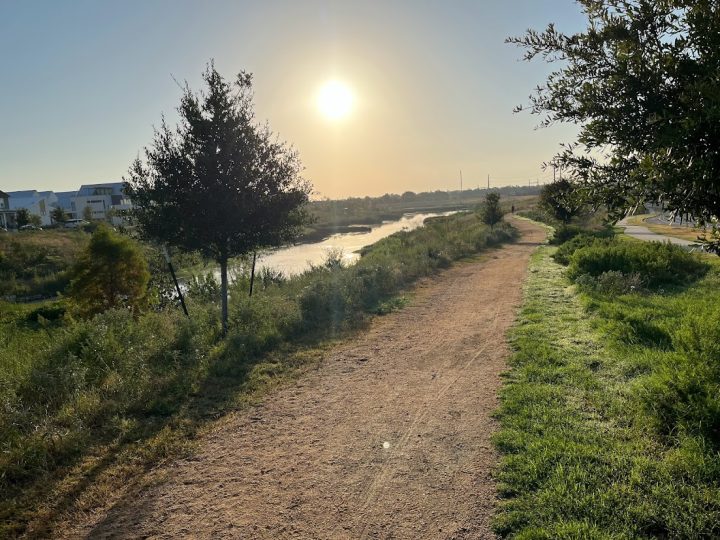“Planning falls under the department and jurisdiction of the Holy Spirit.” I read this sentence in Klaus Bockmuehl’s book, Listening to the God who Speaks*, which Susan and I have been using for our morning time of quiet. It stopped me in my tracks! Yes, I believe in looking for God’s guidance in my life in terms of values, purpose and relationships, but planning?
Bockmuehl writes from a deeply biblical perspective. He notes in his exploration of the Acts of the Apostles that the Holy Spirit sometimes gave instructions that seemed counter intuitive and not strategic. The first Christian mission was not a product of human reasoning (e.g., “If we approach the task this way, it will have the most impact.”). When the Holy Spirit instructs Paul and his team not to go to the provinces of Asia and Bithynia it seems to “run intentionally counter to such human calculation.” These provinces were natural targets; “they were next in line geographically, and in terms of the missionary importance of their populous cities.”
Yet Bockmuehl remarks on the effectiveness of a “remarkably small number of people” sent to take the message to Samaria, Ethiopia, Greece and Rome. “This approach would not have been taken by people with rational, calculating attitudes.”
What are we to make of this? Surely it cannot mean that we are to abandon all strategic planning. I believe we were given the power of reasoning for a purpose. I don’t think Bockmuehl is suggesting we ignore this. However, in recent decades all nonprofit organizations, including spiritually based ones like my own, have become increasingly under pressure to measure, to evaluate, to prioritize, and yes, to plan. Perhaps we sometimes lose sight of the need to seek the wisdom of a higher power.
Paul and his team “did not separate the what and the how, consigning one to God, the other to people.” Bochmuehl’s writing is a helpful reminder that the ultimate strategist is the one who is aware of all the factors, many of which we may not foresee. It’s no coincidences that my father-in-law Alan Thornhill’s first play was called “The Forgotten Factor.”
I am reminded of a time back in the early 2000s when our Hope in the Cities program in Richmond, Virginia had expanded nationally and I was constantly traveling both across the country and and internationally. Major funders were supporting us. It was all strategic, important work. But in some letters to colleagues I referenced the growing sense of pressure and exhaustion. There were also internal team challenges.
One weekend, Susan and I were offered the use of a friend’s cabin in the foothills of the Blue Ridge Mountains. As we watched the sunset, we were given the first outline of what ultimately became the Community Trustbuilding Fellowship. Rather than constant traveling to other cities, the focus was on bringing community leaders to Richmond and using the city as an ongoing “laboratory” for learning. To date, participants have come from 16 states and they are now applying the values and skills they learned to their work in state government, health care, education, business, faith communities and in grassroots organizations. And today this model is inspiring similar efforts on every continent.
This initiative was not simply the result of human planning, although that certainly played a vital part in its development and implementation. It was the product of making space for reflection and intentional listening to “the God who speaks.” I find it useful to reflect on this experience and hope that I am more attentive today.
*Listening to the God who Speaks, Klaus Bockmuehl, published by Helmers & Howard,1990
